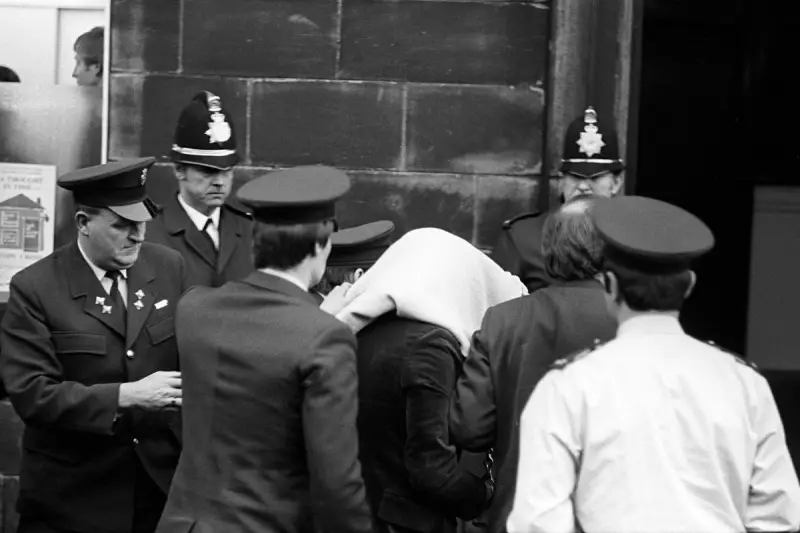
The chilling story of the Yorkshire Ripper investigation has taken a disturbing new turn with the revelation that a simple administrative error may have allowed Peter Sutcliffe to evade capture for years, continuing his murderous campaign across Northern England.
The Fatal Filing Mistake
Recently uncovered documents show that Sutcliffe's details were incorrectly filed in a telephone directory under his mother's surname instead of his own. This seemingly minor bureaucratic error had catastrophic consequences, effectively hiding the killer in plain sight and delaying his capture significantly.
A Nation Living in Fear
During the late 1970s, the Yorkshire Ripper terrorised communities across Leeds, Bradford, Manchester and beyond. The five-year manhunt became one of the largest and most expensive police investigations in British history, yet the killer managed to slip through the net repeatedly.
Missed Opportunities
Investigators had interviewed Sutcliffe no fewer than nine times during their inquiry. Each time, the administrative error prevented them from connecting him properly to witness statements and other crucial evidence that might have ended the killing spree much earlier.
The Human Cost of Bureaucratic Failure
This revelation raises troubling questions about how many lives might have been saved had this simple filing error been caught. Three additional women were murdered after Sutcliffe had already been interviewed by police, their deaths potentially preventable if the proper connections had been made.
Modern Implications
The case serves as a stark reminder of how seemingly minor administrative errors can have devastating real-world consequences. In today's digital age, where data is constantly being processed and filed, the Yorkshire Ripper story stands as a cautionary tale about the importance of accuracy in record-keeping systems.
The newly discovered documents provide a fresh perspective on one of Britain's most notorious criminal cases, highlighting how the intersection of human error and bureaucratic systems can sometimes have the most tragic of outcomes.





